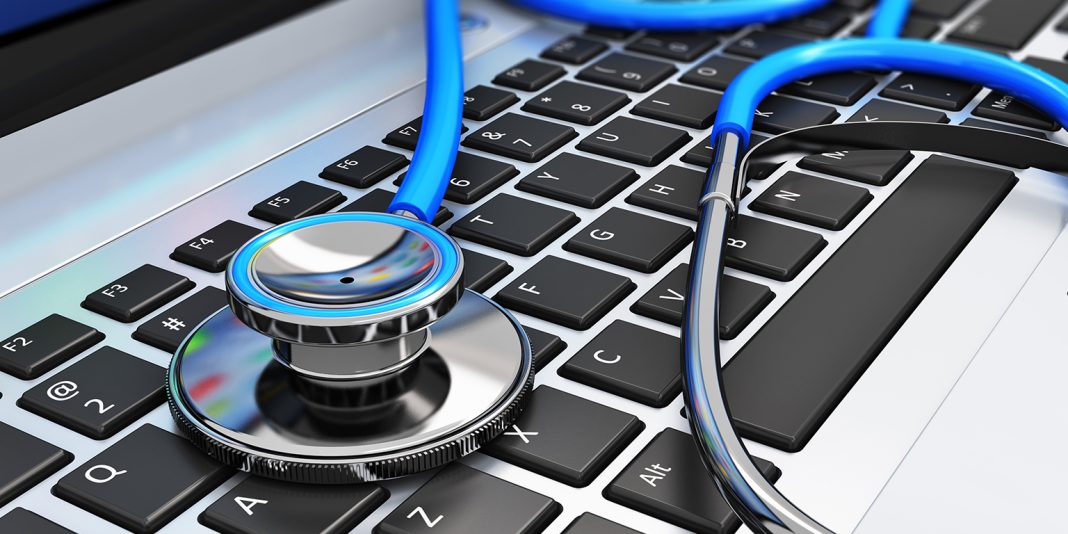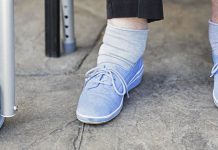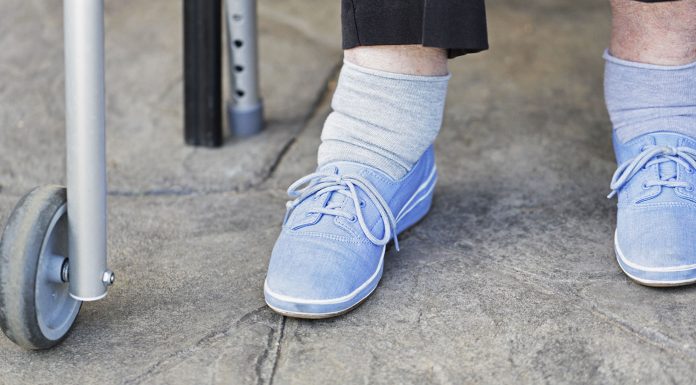If Florence Nightingale were nursing today, she’d probably be walking the wards with a smartphone rather than a lamp.
Always seeking better patient data to guide her work, Nightingale is widely regarded as one of the first informatics nurses. One can imagine her delight at the deluge of data now available with a simple click or slide of the fingers and its potential to improve health care.
As just like thermometers were once a foot long and only wielded by physician experts, information technology is now smarter, smaller, swifter, and easier to use. But to ensure that information technology is nurse friendly and helps not hinders their practice, nurses need to get involved, says Michelle Honey.
Honey is an enthusiast for nurses using information technology to help nursing do what nursing does best. She chairs the Nursing Informatics group, a group of 40–50 nurses working in roles ranging from education, management, clinical, and IT, all with a special interest in the specialty of nursing informatics.
Computers, the internet, and mobile phones are now commonplace tools, but Honey says she still sometimes hears nurses say “they didn’t come into nursing to ‘get into computers and stuff like that’, they came into nursing to care for people”.
“I say if you can replace me with a computer or a robot or anything like that then you should. Because if what I add as a nurse isn’t significant enough to make a difference then use a computer… for me, technology never replaces the human element of what I bring.”
So a fingertip pulse-oximeter may give you a pulse as well as oxygen saturation, but it doesn’t replace the hands-on nursing art of checking the quality of the pulse and the regularity of the rhythm.
What nursing informatics seeks to do is to ensure nursing input into new technology – like electronic patient records, online decision-making tools, databases, and mobile apps on everything from interpreting electrocardiogram (ECG) rhythms to drug calculations – so the resulting innovations reflect and enhance nursing practice, knowledge, and research, as well as integrate with the wider health system.
“Health informatics has the potential to reduce duplication, costs, and errors while improving communication between providers, integration of services, and patient safety,” says Honey.
“My challenge to nurses is that we need to make sure that nurses’ voices are heard about what we need to ensure nurses can do their job properly.”
Another challenge is ensuring the contribution nurses make to the healthcare equation is captured in health sector data, so, for example, statistics on elective surgery reflect more than just how many hip replacements were done.
Honey says research has shown nurses have positive attitudes to computers and IT as long as they can be shown that the technology makes a difference in their work and to their patients. And with a generation of nurses used to internet banking, Facebook, and mobile apps, it is often now nurses’ personal use of technology that is driving their expectations of what should be available in the workplace.
District health board budgets and policies are not always keeping pace with those expectations, including some DHBs only allowing health professionals access to the DHB’s intranet and not the internet, or having far fewer computers on the ward than staff needing to use them. As an aside, things will have to start moving on that front as the country’s ambitious eHealth vision aims by 2014 to have all health providers having electronic access to a patient’s medical history, test results, and a single shared care plan, along with electronic decision support tools to support “optimal delivery of care and clinical risk assessment”.
Honey says you don’t need to be an IT expert to be into nursing informatics – just an interest in using technology to help healthcare. She started intensive care nursing in the 1970s when computers were not the norm at home or on the ward (though she recalls ICU nurses could for the first time do their own blood gas analysis without needing technicians).
She first got into computers in the mid-1980s when her husband bought an early PC but describes herself as “not particularly technologically able” and she’s no programmer. “I’m a user who comes with a nursing focus and knows what we are trying to achieve.”
Honey, now a senior lecturer at the University of Auckland, did her master’s degree looking at practice nurses use and attitude towards computers, and a decade later, she completed a PhD on teaching and learning with technology.
Honey says nurses interested in entering the specialty of nursing informatics can join the HINZ group to connect with other like-minded nurses, and there are postgraduate papers available in health informatics.
She suggests if you are a nurse on the ward, the first step may be as simple as putting up your hand if volunteers are required for an IT project team, so you can ensure nursing needs are met. “Because we’re the only ones who know what nurses need.”
Definition of nursing informatics
The science and practice of nursing informatics integrates nursing with information and communication technologies to promote the health of people, families, and communities worldwide.
Nursing informatics in New Zealand
Nursing informatics was established in New Zealand in the early 1990s by a small group of nurses lead by Jan Hausman, Marilyn Appleton, and Robyn Carr. Carr went on to become the chair of international nursing informatics group IMIA-NI.
Nursing informatics is now a special interest working group under the umbrella Health Informatics New Zealand (HINZ) organisation, with two of the past five HINZ chairs being nurses.
Michelle Honey is the current chair of the HINZ Nursing Informatics group. For more information and how to join the group, go to the nursing informatics working group page at www.hinz.org.nz, where you can also find postgraduate study options and presentations from the recent HINZ conference.
eHealth Vision for New Zealand
“To achieve high quality health care and improve patient safety by 2014, New Zealanders will have a core set of personal health information available electronically to them and their treatment providers regardless of the setting as they access health services.”
*IT Health Board




















